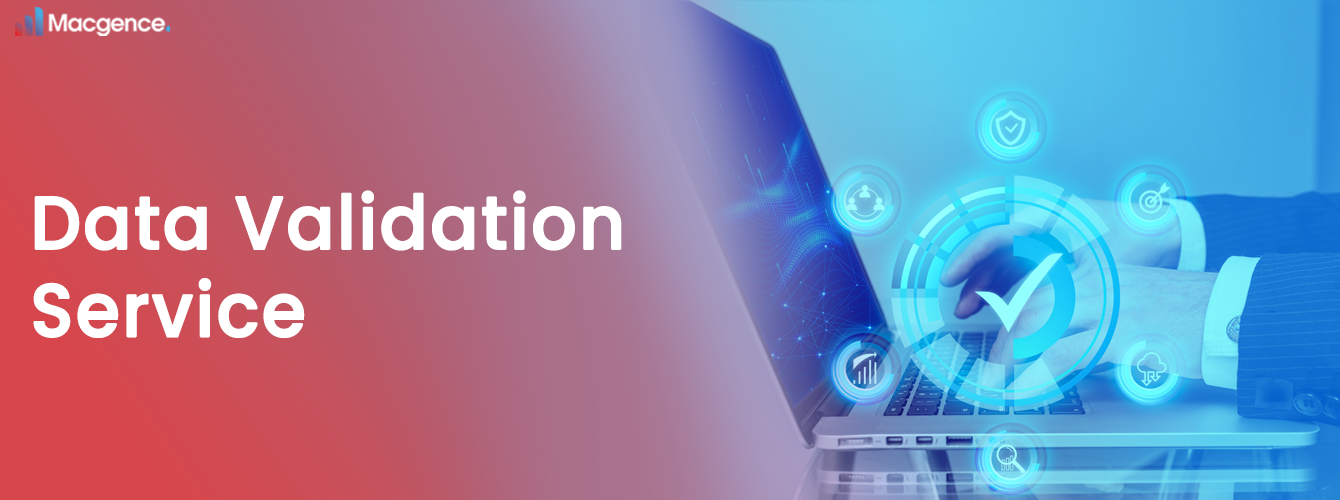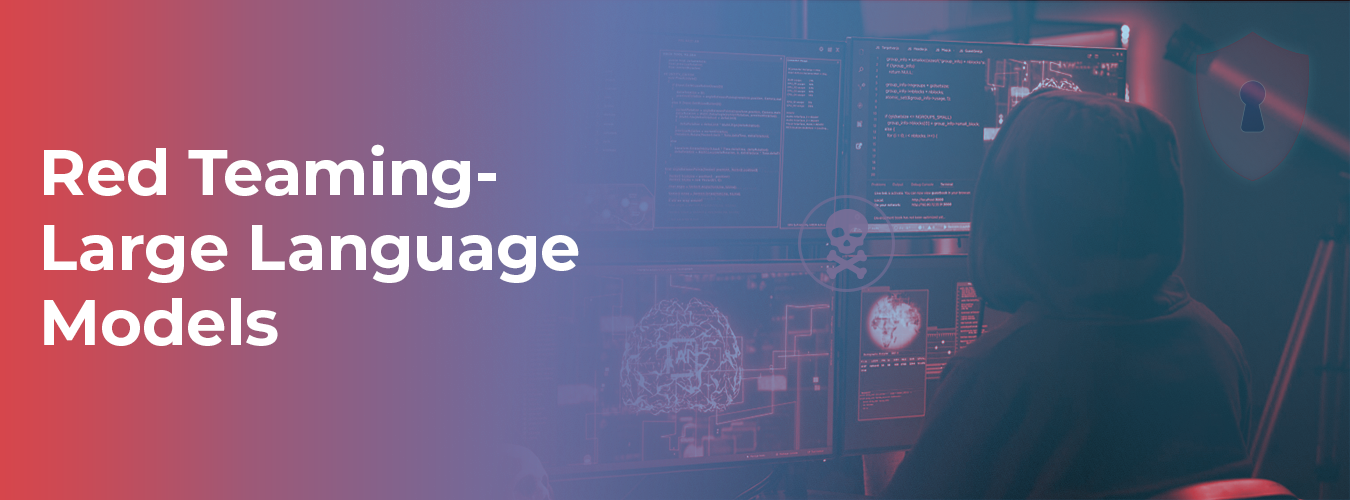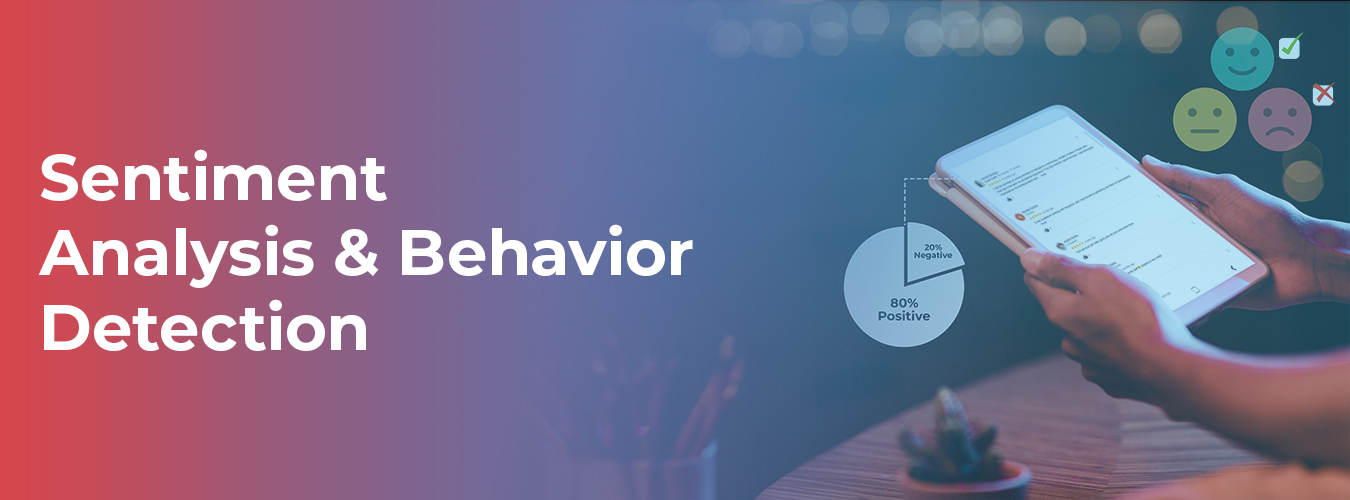Many businesses are investing money in more advanced data validation solutions. This always worries about the dangers of making choices based on shoddy (Inaccurate) data that might cause significant losses or possibly the collapse of the business.
The business world is now leading the way in utilizing human-powered AI/ML data validation services. It’s a great way to make sure all of the data used for insights, process optimization, and decision-making is accurate.
The Function of AI Data Validation

Many points along the data path require clean, verifiable assets when considering the data management lifecycle. Data validation actively verifies the quality and accuracy of this collected data, from the point of collection to the end of use in reporting or other end-user processing.
Before being used, the data needs to be verified. Although it takes time, ensuring the information is sourced logically reduces the possibility that subpar assets will find their way into an organization’s user dashboards and systems.
Types of AI Data Validation Checks:

Data validation takes many different forms. Before storing data in the database, most validating data processes carry out one or more of these checks. Typical forms of data validation checks include the following:
Data type check
Verifying that the data type entered is accurate is done via a data type check. For instance, a field might only allow numerical input. In such a scenario, the system should reject any data containing other characters—such as letters or special symbols.
Code check
A code check verifies that the value in a field is formatted correctly or comes from a valid list. For instance, comparing a postal code to a list of correct codes makes it easier to determine its accuracy.
Range check
Data that needs to fall inside a specific range is validated using range checks. For reasonable values, there are upper and lower boundaries that are well-defined. A primary school student, for instance, is most likely between the ages of 10 and 14. You can configure the computer to accept only digits between 10 and 14.
Format check
Numerous data kinds adhere to predetermined formats. Data and time consistency are maintained through a data validation procedure that verifies dates are entered correctly.
Consistency check
A logical check, called a consistency check, ensures that the data entered makes sense. As an illustration, ensure the delivery date comes after the shipping date.
Uniqueness check
IDs and email addresses are two instances of data that are inherently unique. A database should only contain one entry for each of these fields. An item is not added to a database more than once, thanks to a uniqueness check.
Advantages of AI Data Validation

Data validation guarantees the quality, validity, and accuracy of the information gathered. It verifies that the information collected from various sources also satisfies organizational needs. Among the advantages of data validation are:
- Ensuring that the datasets gathered and used for processing are accurate and clean guarantees cost-effectiveness by saving time and money.
- It is compatible with the majority of processes and is simple to integrate.
- Building a standard database and cleansing dataset information guarantees that the data gathered from various structured or unstructured sources meets the business requirement.
- It guarantees higher profitability and lower loss with increased data accuracy in the long run.
- Additionally, it offers improved strategy, decision-making, and market goals.
AI Data Validation Concerns & Solutions

Noise and missing data
Data validation needs help handling noisy and missing data, which can impair the efficiency and precision of AI and machine learning applications.
- Errors in data collection, or purposeful non-response are some causes of missing data. In contrast, measurement mistakes, transcription mistakes, or outliers are the causes of noisy data.
- To overcome this difficulty, one might think about applying data imputation techniques, which would replace missing values with plausible estimates, data filtering techniques, which would eliminate or adjust noisy values, or data augmentation techniques, which would produce synthetic or extra data that would increase the datasets’ diversity and resilience or the best of all is to take help from an expert AI/ML data validation service provider like Macgence.
Bias and data drift
- Tracking data drift and bias is a fourth challenge in data validation to ensure the validity and fairness of AI and machine learning applications. While data bias might represent underlying preconceptions, preferences, or prejudices, data drift refers to changes in the distribution or characteristics of the data over time that can lower the accuracy of models and algorithms.
- Revalidation approaches to verify and update data regularly, debiasing approaches to locate and lessen bias sources and impacts, and fairness metrics and frameworks to assess and enhance equity and fairness are some potential answers to this problem.
Get Started with Macgence
Macgence distinguishes itself as the leading option for human-powered AI data validation services by providing unmatched dependability and expertise in handling the complexities of data integrity. With an emphasis on accuracy and precision,
Macgence uses the most recent developments to expedite the data validation process, saving clients significant time and money. Data is rigorously validated to satisfy organizational needs thanks to Macgence’s robust solutions, which can be used for range checks, bias, data drift issues, or data type verification.
You can be confident that your data is in capable hands when Macgence is your trusted partner, providing your company with dependable insights and fostering success.
Conclusion

The discussion above taught us about the types, importance, and benefits of data validation. Data validation is a vital component of data management, typically done with data cleansing. Data validation ensures that the information is dependable, trustworthy, and fit for use with confidence. When it comes to data validation, Macgence can help the best. Get in touch with Macgence to learn more.
FAQs
Ans: – Users are not copying or filling out data; rather, data validation is intended to only display messages and stop incorrect entries when users directly enter data into a cell. Upon copying or filling in data, the messages become invisible.
Ans: – Data validation protects organizations from possible losses resulting from poor data-driven decisions by ensuring the accuracy and dependability of information.
Ans: – To guarantee complete and accurate validation and effectively handle problems like bias, data drift, and missing data, Macgence provides human-powered AI data validation services.




